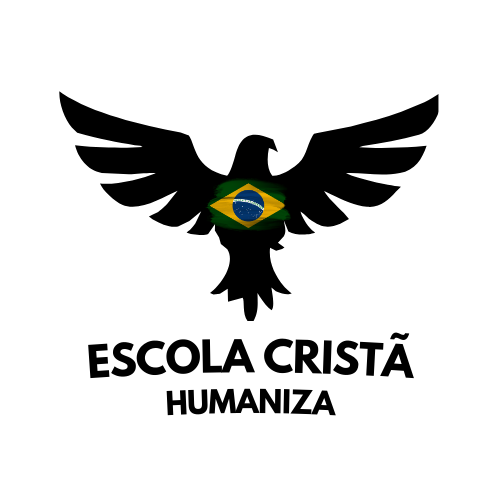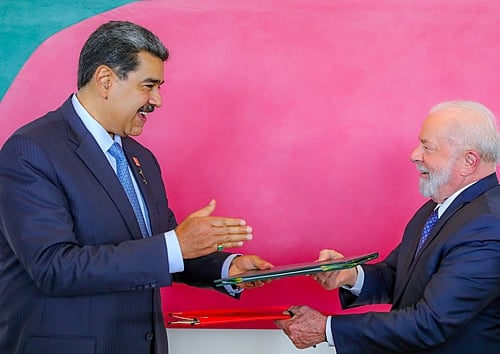The Spanish Minister of Foreign Affairs, José Manuel Albares, said on Tuesday (6) that he has direct contact with his Brazilian counterpart, Mauro Vieira, to strengthen the communication with the Venezuelan government for the release of the electoral data (known in Venezuela as “actas”). On Monday, the president of France Emmanuel Macron had already made statements supporting Lula’s role in this process.
The position assumed by the two European countries adds to the recent statements of the United States government in a declaration of confidence in the Brazilian government to ease the political dispute surrounding the Venezuelan elections.
Since the announcement of Nicolás Maduro’s victory on July 28, the Brazilian government has been able to talk to other countries and articulate the decrease in tensions in the neighboring country.
For Gilberto Maringoni, a professor of International Relations at the Federalista University of ABC (UFABC, in Portuguese), Brazil’s approach is the best possible so far. According to him, the country already has a strategic position in this context, and “is in the best position” for dialogue, “due to its proximity not only territorially, but also historically” to Venezuela.
“Lula was very close to Venezuela’s Former President Hugo Chávez and, when considering Lula, López Obrador [Mexico] and Gustavo Petro [Colombia], the Brazilian president is who has the best personal relationship with Nicolás Maduro. It’s up to Brazil, because of Lula, to coordinate this situation,” Marigoni told Brasil de Indumento.
The professor states that the US position is “surprisingly” interesting. After moving back-and-forth, the country maintained its decision of waiting for decisions from Brazil, Colombia and Mexico. The three left-wing governments point out that “the controversies about the electoral process [in Venezuela] must be resolved by institutional means” and that the results must be impartially verified.
After stating that Edmundo González had won the election, US State Department spokesman Matthew Miller said on Monday that the county’s government “hasn’t yet reached the point” of recognizing Edmundo’s victory and said that the US is in contact with Brazil, Mexico and Colombia “to find a way forward” with the situation.
“Brazil, Mexico, Colombia and the US, incredible as it may seem, have taken a sensible position. We respect the process, but we want the actas. It was diplomatically correct. Everything indicates that this position was taken in agreement with the US government, or with President Joe Biden. The State Department’s note recognizing Edmundo was hasty. It showed two US positions, one on the right, with Antony Blinken; the other in the center with Biden. The US government’s retreat shows a correction,” he said.
The main topic of discussion in the Venezuelan elections is the public release of voting records, which are receipts that come out of the ballot boxes. The country’s National Electoral Council (CNE, in Spanish) said it had delayed the release of the results and the publication of the records due to a hacker attack.
President Nicolás Maduro has asked the courts to open an investigation into the matter. Venezuela’s Supreme Court of Justice gave the CNE 72 hours to hand over the voting records for analysis. The electoral documents that were with the CNE have been handed over and are now being analyzed.
The opposition says it has 80% of the actas, which guarantees Urrutia’s victory. Nicolás Maduro won the elections in Venezuela with 6.4 million votes (51.97%) against 5.3 million (43.18%) to his opponent Edmundo González Urrutia, with 96.87% of the votes counted.
According to Maringoni, Brazil will be even more important in the mediation regarding the actas situation. He says the situation could get out of hand diplomatically if it isn’t clarified.
“Brazil will be a kind of guarantor, a really important piece in this situation. I don’t know whether Brazil will sit with everybody – the opposition and the government – but I think it could form a pool of countries to negotiate this issue. Either the voting records appear, or the solution could end up being a contest of forces. Brazil will measure up, but the decision is in CNE’s court,” he said.
Edited by: Leandro Melito








